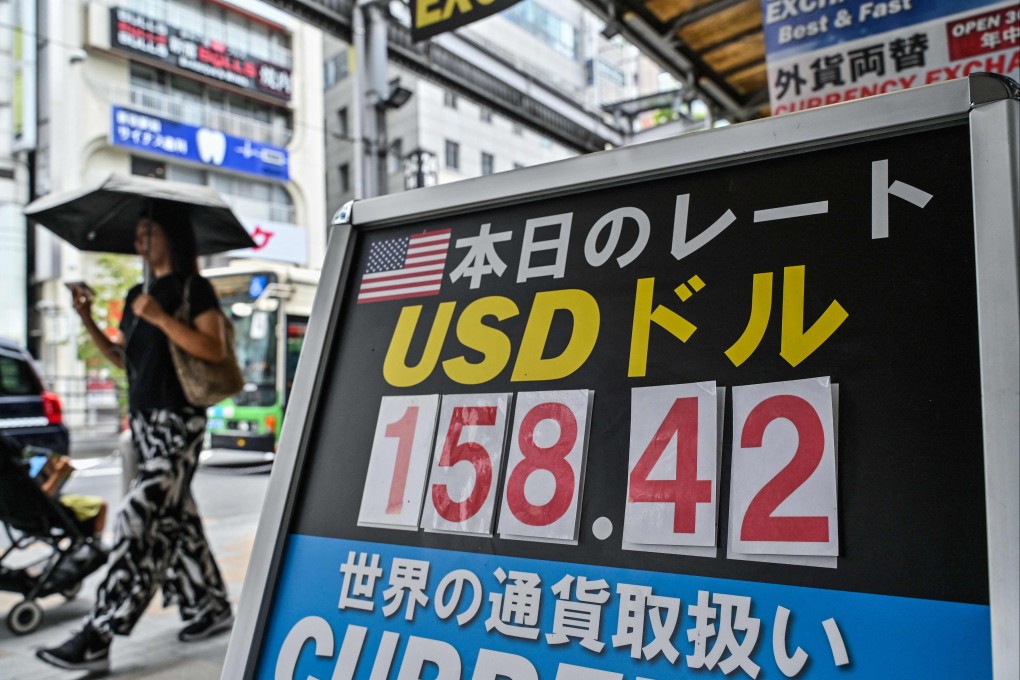Advertisement
The View | Yet another Japan stock rally fizzles out as economic reforms disappoint
- Japan has squandered its chances to properly raise interest rates, abandon the weak yen policy and put strong reforms in place
Reading Time:3 minutes
Why you can trust SCMP
2

It’s déjà vu in Tokyo’s stock market as the Nikkei 225 rally shows signs of fizzling out. Global investors should know the drill quite well. Every three to five years, Tokyo shares surge on hopes that, this time, policymakers are serious about reforming an ageing, change-averse nation to rekindle innovation and boost productivity.
Each time, gravity reasserts itself. Once investors realise the rally has outpaced upgrades to underlying economic conditions, sobriety returns. Valuations drop back to earth.
Over the last two years, traders have arguably embraced, more than ever, the five most dangerous words in economics: this time things are different. The Nikkei boomed past 1989 highs, fuelling envy from New York to Seoul. The exuberance isn’t completely irrational. Much of it has been driven by moves to strengthen corporate governance since 2014.
Yet punters are realising the last decade was another lost one for Japan. The last three governments should have been cutting bureaucracy, modernising labour markets, catalysing a start-up boom, empowering women and reminding investment banks that Tokyo is still a centre of Asia’s financial universe.
The yawning gap between stock euphoria and the economy on which companies rely is impossible to dismiss. Japan is skirting recession again. The Bank of Japan has squandered its opportunity to get rates away from zero. And it’s dawned on global funds that Prime Minister Fumio Kishida’s 21 per cent approval rating makes Joe Biden seem almost popular.
This leaves Japan’s latest leader with near-zero odds of resurrecting the economic reform process this year.
Advertisement
Select Voice
Choose your listening speed
Get through articles 2-3x faster
1.1x
220 WPM
Slow
Normal
Fast
1.1x

